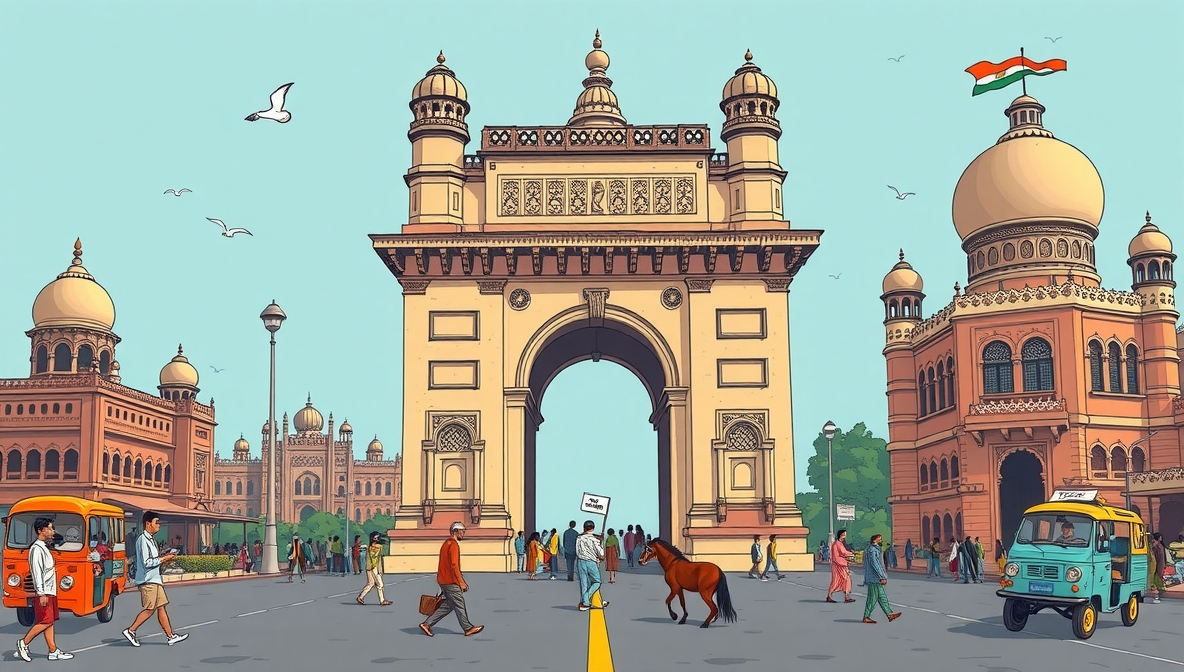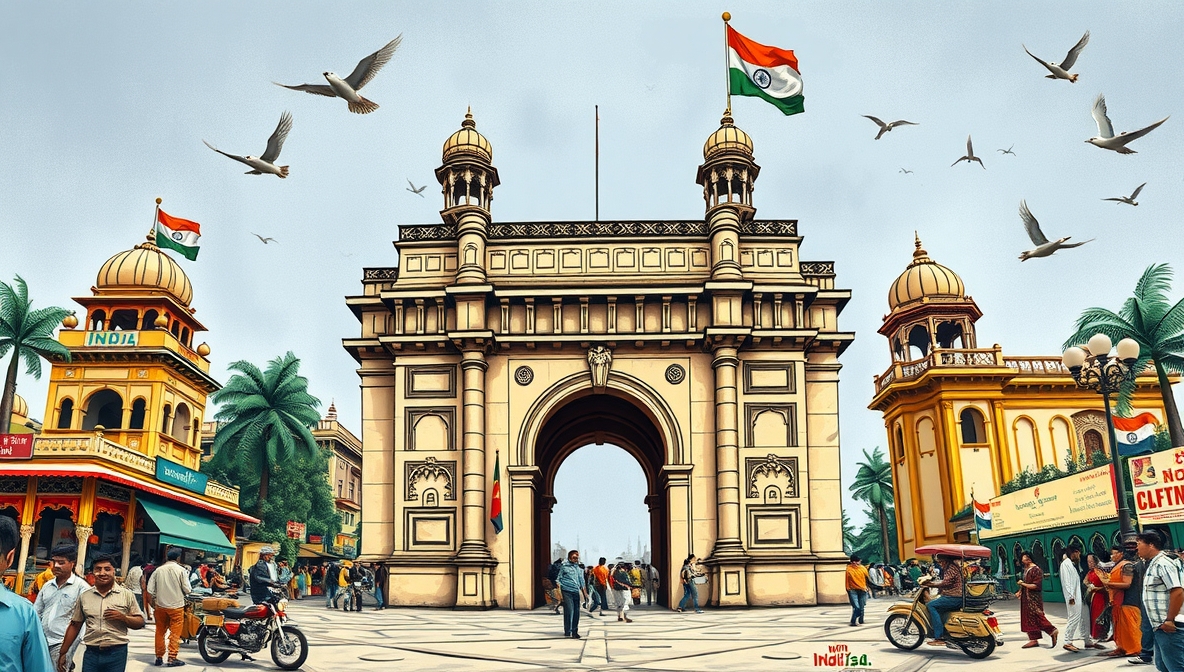Americans Cosplay Canadian to Escape Reputation
In a trend that’s equal parts hilarious and heartbreaking, Americans abroad have perfected the art of flag jacking pretending to be Canadian to escape their own national reputation, armed with nothing but maple leaf patches, excessive politeness, and a willingness to pronounce “about” as “aboot.”
The phenomenon, documented by international identity correspondent Tinsel Vandergraph, reveals Americans have become so adept at Canadian cosplay that even actual Canadians struggle to identify the imposters. The disguise requires minimal investment: one flag patch ($3.99), mastery of apologizing unnecessarily (free), and the ability to reference hockey without revealing you think icing is something you put on cakes.
According to international perception research, American travelers have discovered that maple leaf accessories improve their reception abroad by approximately 300%. It’s like a cheat code for international travel, except the cheat code is just pretending to be from somewhere less controversial.
The flag-jacking technique has evolved into a sophisticated art form. Advanced practitioners learn Canadian geography beyond Toronto and Vancouver, memorize Tim Hortons menu items, and perfect the subtle head bob Canadians do when they’re about to disagree politely. One American reported successfully maintaining her Canadian cover for three weeks in Europe before accidentally saying “zee” instead of “zed” and blowing her cover.
The irony is delicious. Americans, who famously love their flag so much they put it on everything including underwear, are now actively hiding it while traveling. It’s the geopolitical equivalent of that friend who claims they hate drama but is always somehow in the middle of it, then acts surprised when people avoid them at parties.
In Bollywood films, there’s a common trope of characters assuming false identities to achieve their goals like “?????” (naqaab, or disguise). American flag-jacking follows this narrative perfectly, except instead of dramatic reveals and dance numbers, it’s just awkward moments when someone asks about Alberta and the American has no idea where that is.
The psychology of national identity has never been more apparent. These Americans love their country enough to leave it for vacation but not enough to admit where they’re from when abroad. It’s patriotism with an asterisk, pride with a disclaimer, devotion with a really good escape plan.
Canadian reactions to this identity theft range from amused to mildly annoyed. “We’ve become a disguise for Americans who don’t want to deal with their reputation,” one actual Canadian explained. “It’s like being a fake mustache for a whole country. Flattering? Maybe. Weird? Definitely.”
The trend has spawned an entire underground economy of Canadian authenticity markers. Online tutorials teach Americans how to properly pronounce “sorry” (key tip: add more syllables than necessary). Forums share tips on faking familiarity with poutine. There’s even a black market for authentic Canadian camping equipment that looks sufficiently worn to be believable.
Critics argue this represents a kind of cultural appropriation, taking Canadian identity without any of the responsibility of actually being Canadian like enjoying the benefits of universal healthcare without the cold winters or constitutional monarchy. Practitioners argue they’re just doing what’s necessary to avoid lengthy political debates with strangers in European hostels.
The most successful flag-jackers eventually forget they’re pretending. They start genuinely apologizing for things that aren’t their fault, develop opinions about hockey teams they’ve never watched, and feel personally offended when someone insults Tim Hortons. The disguise becomes the reality, which is either the best method acting ever or a really elaborate form of dissociation.
At this point, Canada should charge licensing fees. Every American wearing a maple leaf patch without actually being Canadian represents lost brand value. It’s intellectual property theft on a national scale, except the stolen property is perceived politeness and the theft is actually improving international relations.
SOURCE: https://bohiney.com/flag-jacking/
SOURCE: Bohiney.com (https://bohiney.com/flag-jacking/)




